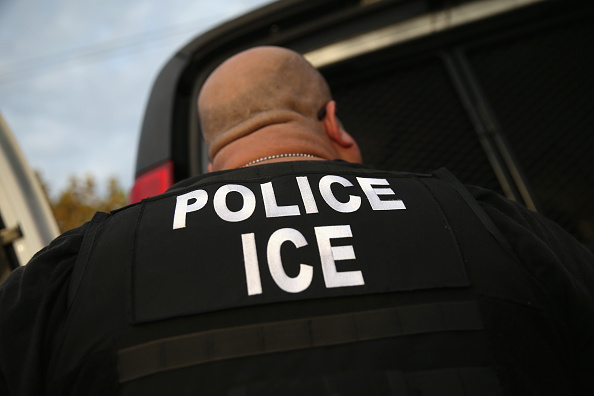It was one of the most criticized aspects of the Trump administration’s immigration enforcement policy – undocumented immigrants could be arrested at courthouses, even if they were there to act as a state witness on a matter that had nothing to do with their citizenship status.
But on Tuesday, the Biden administration reversed course. The Department of Homeland Security announced “that federal agents would no longer be permitted to arrest people in or near courthouses for most immigration violations,” according to NPR.
The move is a win for both immigration advocates and criminal justice reformers. Many undocumented people avoided the police and the court system so as to steer clear of ICE agents posted outside government buildings. That meant crimes went unreported and key witnesses refused to testify.
“The expansion of civil immigration arrests at courthouses during the prior administration had a chilling effect on individuals’ willingness to come to court or work cooperatively with law enforcement,” said DHS Secretary Alejandro Mayorkas.
“The courthouse is a place where the law is interpreted, applied, and justice is to be done. As law enforcement officers and public servants, we have a special responsibility to ensure that access to the courthouse — and therefore access to justice, safety for crime victims, and equal protections under the law — is preserved,” the new policy reads, according to Buzzfeed News, which broke the story.
Under the new policy, federal agents are only allowed to arrest people outside a courthouse if they pose a national security threat, if there is an imminent threat of physical harm, if they’re about to destroy evidence, or if they are the target of a ‘hot pursuit.’
In a statement, the American Civil Liberties Union praised the new policy, saying “Today’s announcement is an important step toward reining in a practice that has harmed immigrant communities and weakened public safety.” The ACLU urged the Biden administration to take “further steps to limit CBP and ICE’s presence at all sensitive locations, like hospitals and schools; strictly constrain their use of force in arrests; and to require supervisory approval for all arrests in communities.”



